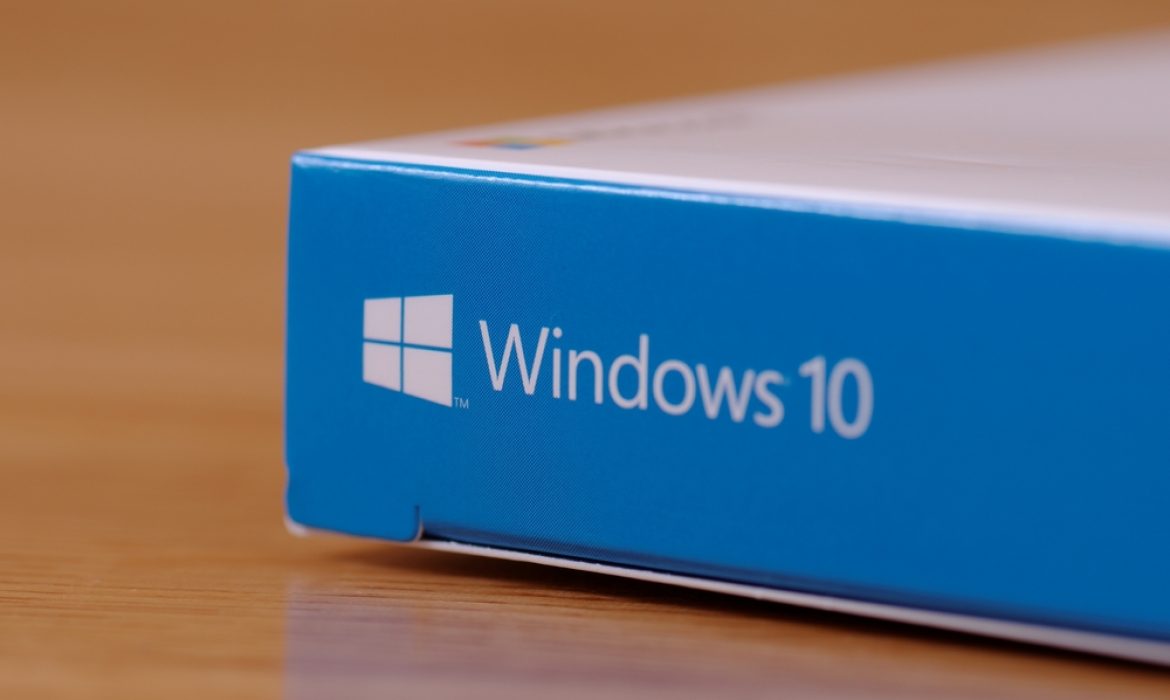Microsoft’s decision to discontinue support for Windows 10 may usher in the scrapping of approximately 240 million PCs, sounding alarms about a potential surge in electronic waste. Canalys Research highlights the quandary, emphasizing that while these computers might retain functionality post-support, the dearth of security updates could render them undesirable, prompting widespread disposal.
Microsoft’s slated cutoff date for Windows 10 support is October 14, 2025, with an additional provision for paid security updates until October 2028, leaving the public questioning the potential costs involved. Industry analysts posit that the pricing structure for extended support might incline users toward adopting new PCs rather than investing in maintaining aging systems, potentially intensifying the e-waste crisis.
Canalys underscores the environmental impact, estimating that the discarded computers could contribute a staggering 480 million kilograms of electronic waste to landfills. The report acknowledges the potential for recycling components like laptop batteries and hard drives, emphasizing their role in recovering valuable metals. However, it also draws attention to the prevalent issue of premature disposal of hard disks, leading to an excess of waste rare earth magnetic materials.
As the tech community grapples with these impending challenges, environmental advocates and policymakers are likely to intensify calls for sustainable e-waste management and responsible technology lifecycle practices.
Source: Reuters


